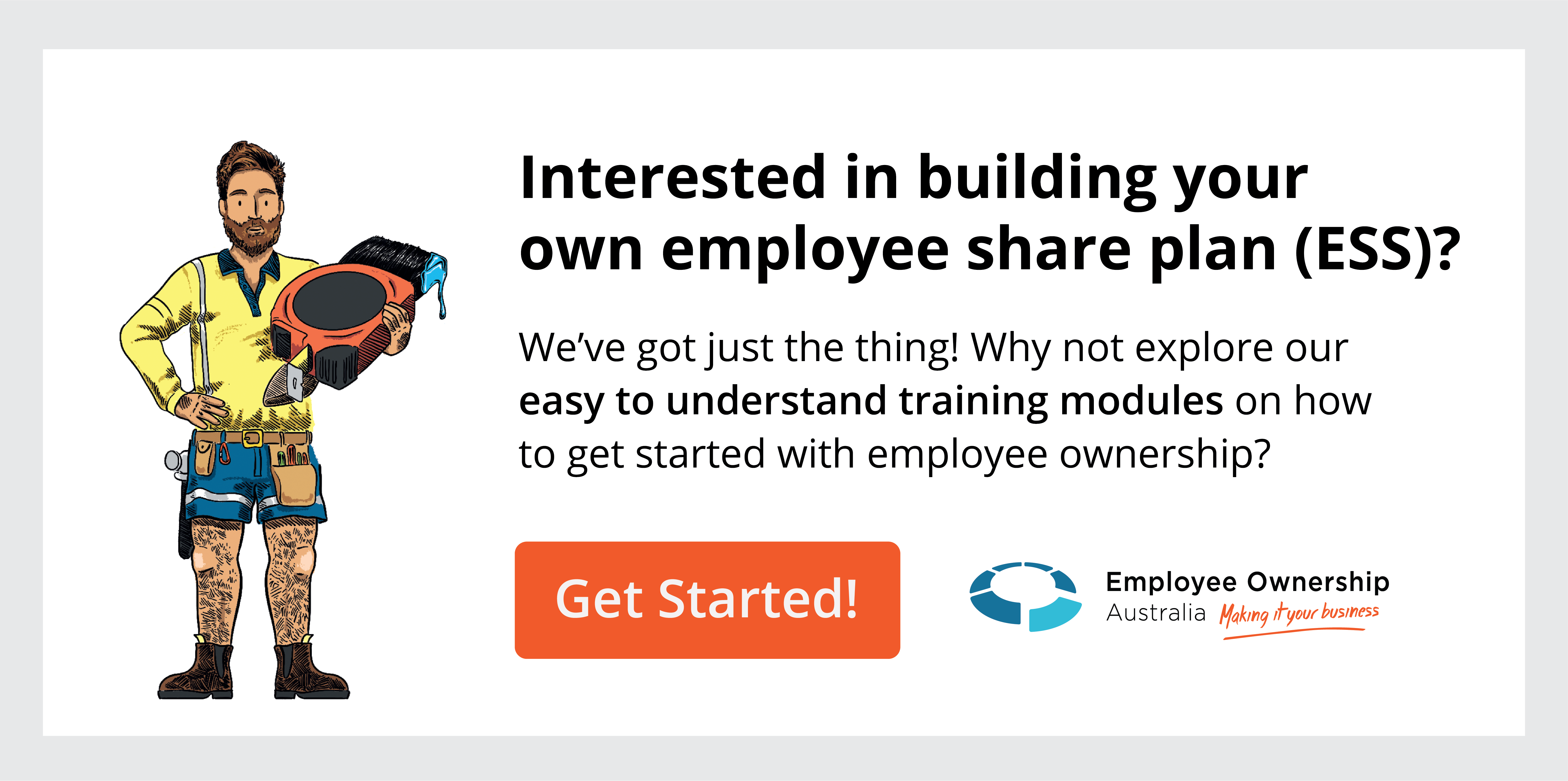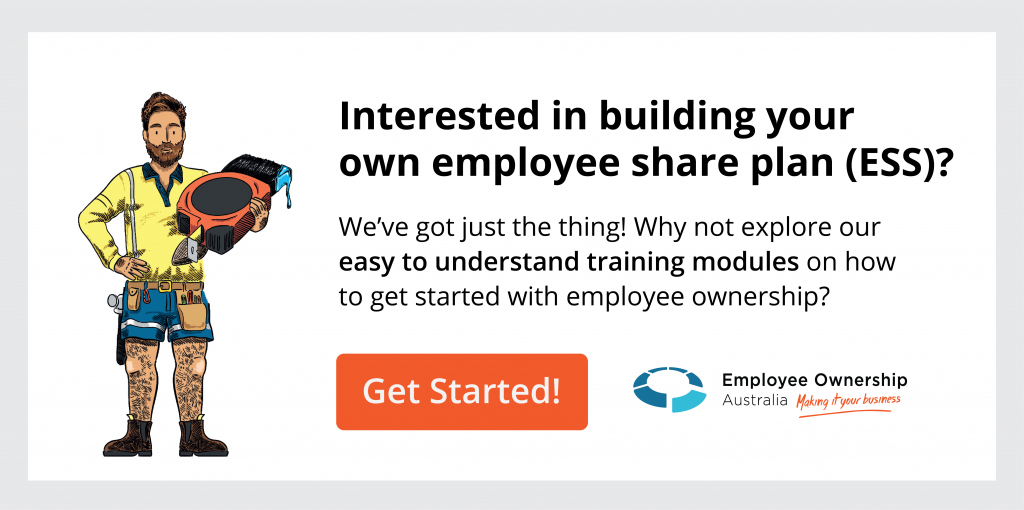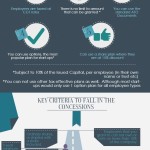Startups and Employee Share Schemes
“Startups have two important defining characteristics: Potential for high growth and disruptive innovation. Small businesses, on the other hand, lack those defining characteristics.”

StartupAUS in its Cross Roads report defines a tech startup (or startup for short) as an emerging high-growth company that is using technology and innovation to tackle a large and most often global market.
Startups in this modern terminology are therefore much more than small businesses and SMEs. Startups have a significant role in the Australian economy. They are critical to lift productivity, competition, economic growth, and employment through the creation of, and access to, new markets and the invigoration of established markets.
Innovation-active companies are also significantly more engaged in the digital economy, earning over $144 billion in internet commerce in 2010-11 collectively, more than three times that of non-innovators. Innovation also encourages a more connected and skilled economy with greater market diversity and consumer choice.
Startups could potentially contribute $109 billion and 540,000 jobs to the Australian economy by 2033. There are 1,500 start-ups in Australia with the key hubs in Sydney and Melbourne.
In 2015, the Federal Government passed the Tax and Superannuation Laws Amendment (Employee Share Schemes) Bill 2015 to remove the taxation ‘handbrakes’.
In relation to these new Employee Share Scheme (ESS) tax laws, the Australian Tax Office (ATO) has now produced a very good website as guidance for all the information on the new tax regime – see “ESS Basics”.
In relation to the specific topic of startups, special note should be made of the ATO’s startups template “Standard documents for the start-up concession”.
In these documents, the ATO sets out the conditions that companies need to meet as follows.
Startup company
For ESS purposes, a company is a start-up for an income year if, at the end of its most recent income year before the ESS interest was acquired in it:
- the company and any subsidiaries or its holding company and any subsidiaries
- were not listed on a stock exchange
- had been incorporated for less than 10 years
- the company’s aggregated turnover did not exceed $50 million.
Startup concession
A concession available to an employee with ESS interests in a start-up company provided that the scheme meets certain conditions:
- the employer (which may or may not be the company issuing the ESS interest) is an Australian resident company
- the employee meets the 10% ownership and voting rights test
- the discount on an ESS interest that is a share is no more than 15% of its market value at the time it is acquired
- the amount payable to exercise an ESS interest that is a right is greater than or equal to the market value of an ordinary share in the company when the right is acquired.
The Australian Securities and Investments Commission has also produced a guide ‘Employee share schemes -Sharing the wealth – as an employee of a company, you may be invited to participate in an employee share scheme. There are a number of things to consider before signing up’.
See the recording also of our Experts Panel webinar in October 2022 discussing the new Corporate disclosure regime for employee share schemes which came into place on 1st October 2022.
Employee Ownership Australia and New Zealand supports change
Employee Ownership Australia fully supports these developments and was instrumental in the lobbying efforts to bring them about. It has recently developed an infographic to assist understanding of the “ESS Startup changes”.
For further explanation of EOA’s views on the topic, see also “Employee equity in start-up companies”.
EOA would like to see further developments of the ESS tax regime along the lines of its original discussion paper “Discussion of employee share schemes in start-ups commences”.
If you would like to know more about our training program, please contact us for further information.
Also, view the EOA Experts Panel Webinar (24th June 2021) on the topic – Tax & corporate law issues for ESOPs and start-ups.
Further inspiration
Enjoy our EOA interview with one of the first companies to take up the tax concessions, Culture Amp. Also see previous article (Business Review Weekly): “CultureAmp among the first to grasp new employee share scheme opportunity”.
How to value your share options if you’re offered a job at a start-up (Sydney Morning Herald)
For some interesting data on similar developments in New Zealand, see “90% of angel-backed startups use employee share plans – survey”.
“Sharing Equity in a Startup or Established Entrepreneurial Venture” (National Centre for Employee Ownership, USA).
In relation to the Federal Government’s announcement on 15th November 2018 “Government proposes to double the value limit available under employee share schemes”, please see EOA’s response on this “What does the recent Treasury announcement on employee ownership mean for you”.
Valuable support to get you started
Are you a startup that wants to find out more about the employee ownership advantage? Get in touch and consider the benefits of joining. Enterprises (including startups) with less than 100 employees pay only $250 per year for access to our free information and helpline that provides expert guidance to assist you with any employee ownership queries, as well as access to experienced specialist advisors for advice on tax, legal, ESS finance matters, and much more.



